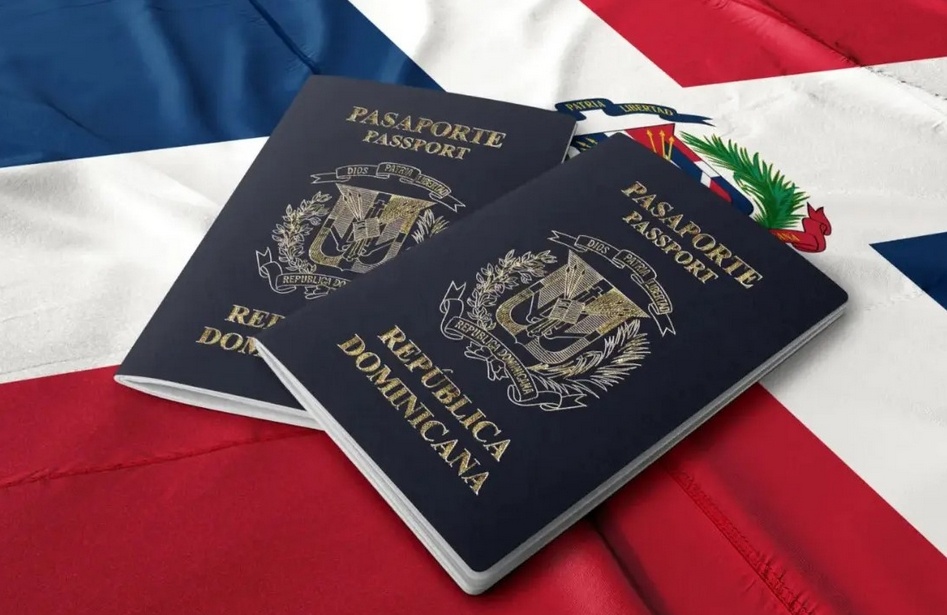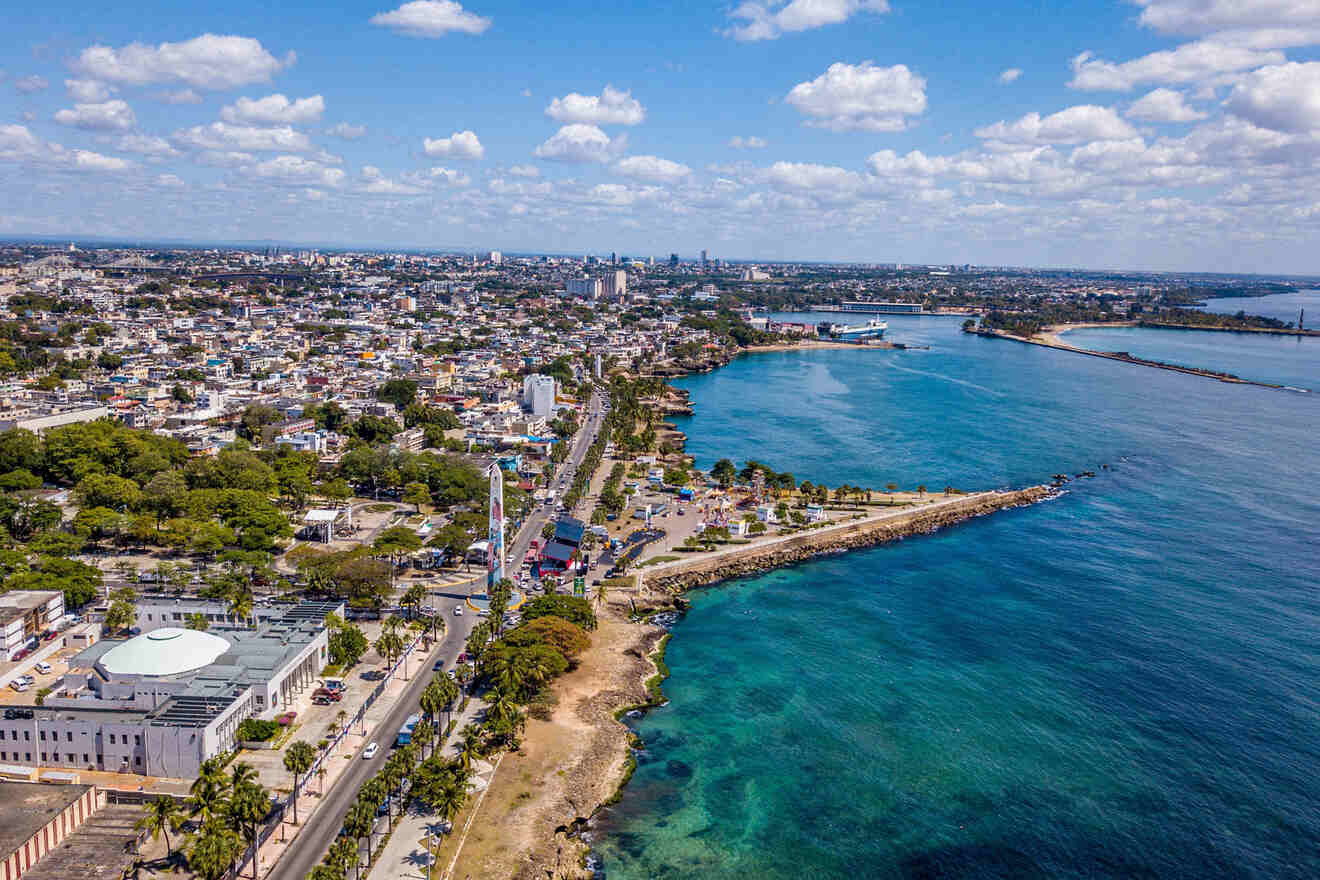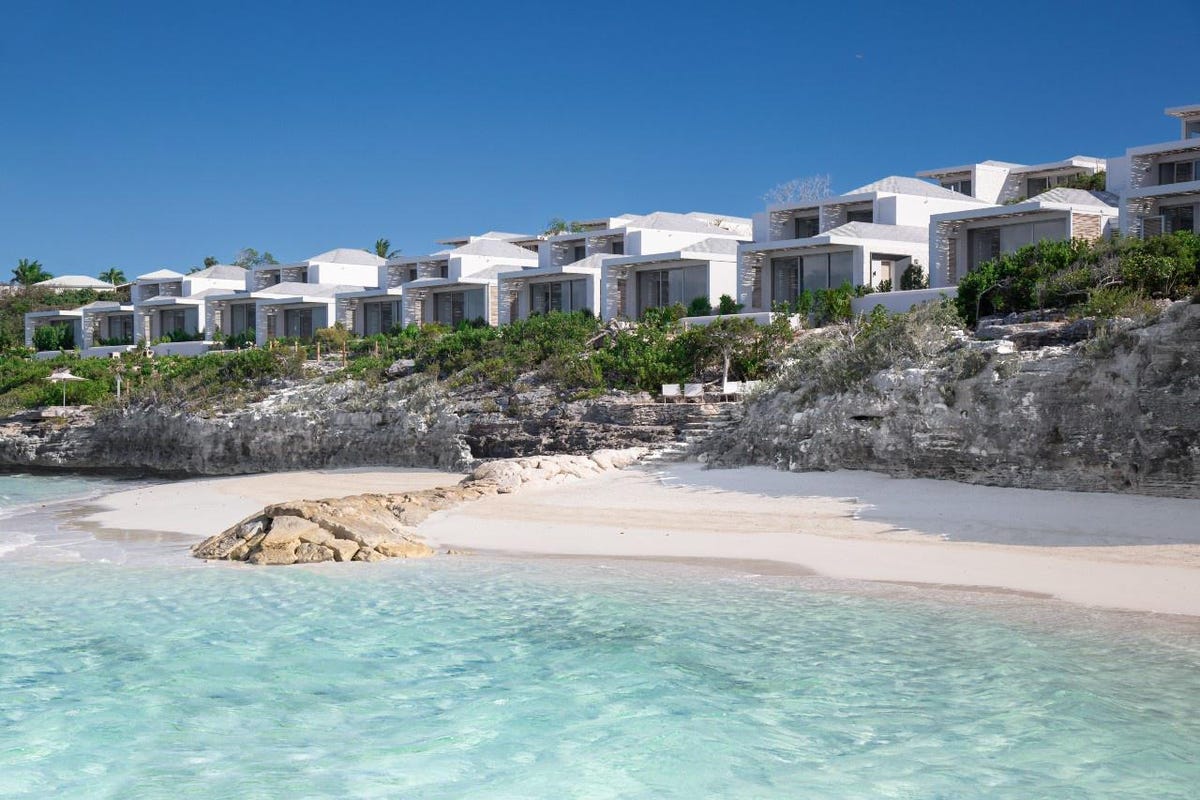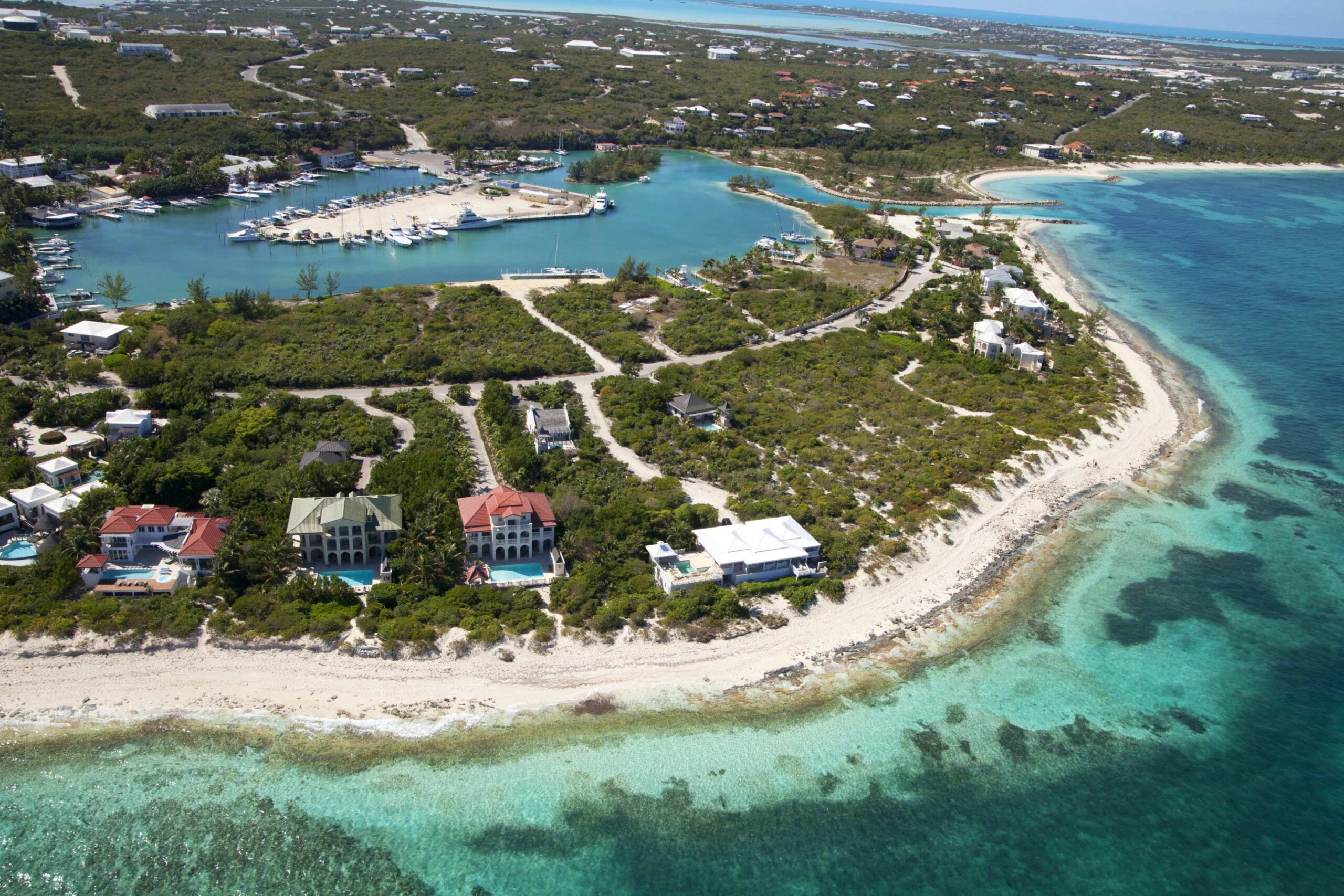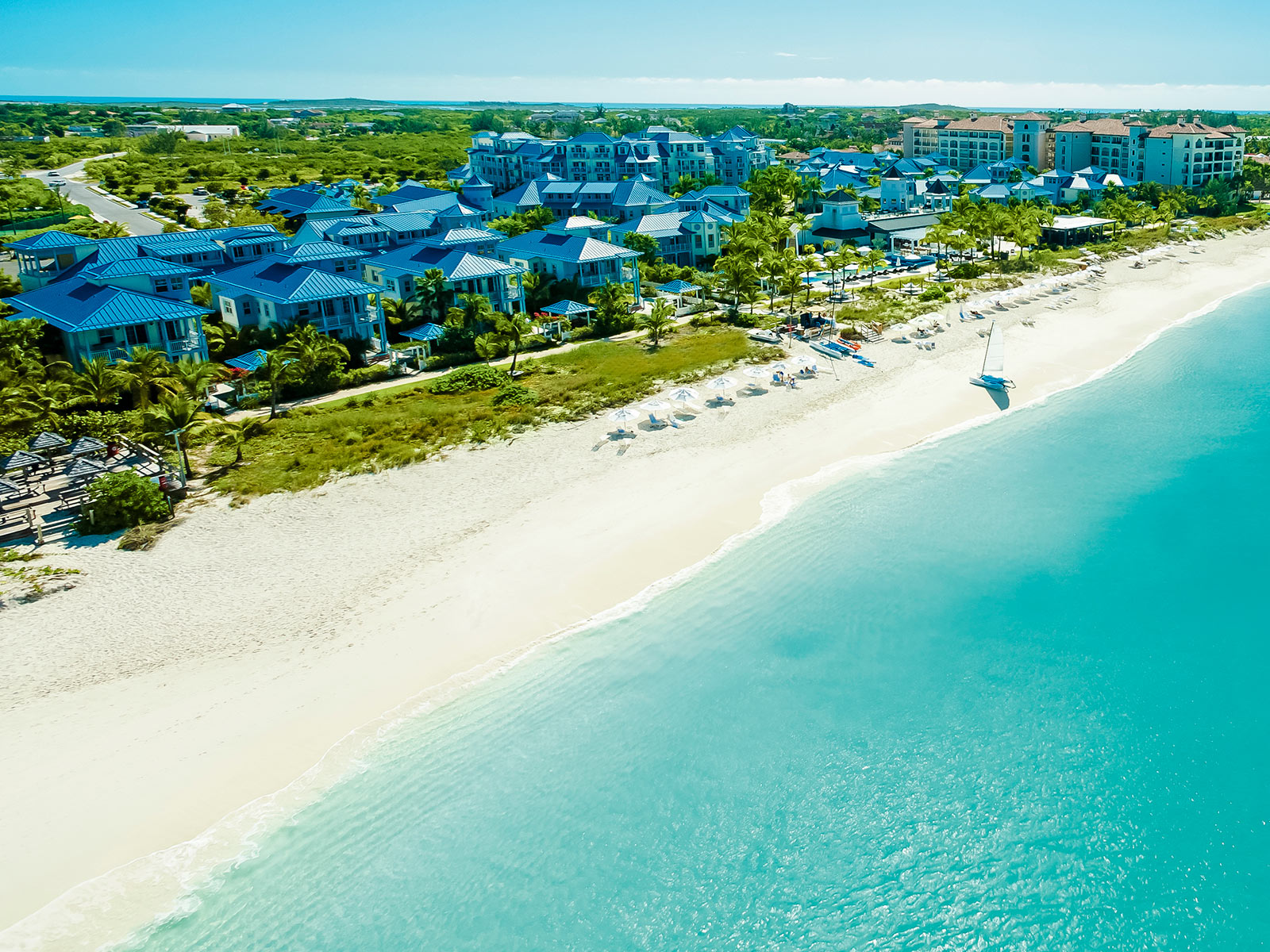Economic Overview
Martinique’s economy is supported by a diverse range of industries, with tourism being one of the main drivers. The island’s GDP reached approximately €8 billion in 2024, showing steady growth of around 2% annually. Its status as a French overseas department means it benefits from EU regulations, offering stability and access to European markets. The real estate sector, in particular, has attracted increasing interest due to the island’s expanding infrastructure, natural beauty, and high demand for luxury properties.
The island’s economy is also supported by agriculture, particularly the production of sugarcane, bananas, and rum, which plays a significant role in both local commerce and export. The service industry, including banking, education, and healthcare, also contributes to the economy, ensuring a well-rounded and diversified economic environment. Real estate investors will find opportunities in both residential and commercial markets, as well as in eco-tourism and hospitality-related projects.
Tourism and Lifestyle
Tourism plays a vital role in Martinique’s economy, with visitors drawn to its stunning beaches, rich cultural experiences, and vibrant natural landscape. Martinique offers a laid-back, yet cosmopolitan lifestyle that is perfect for those who want to immerse themselves in both French culture and Caribbean charm. Key attractions include:
- Mount Pelée: This active volcano, towering over the island, offers hiking trails with breathtaking views and an opportunity to explore Martinique’s dramatic volcanic landscape.
- Les Salines Beach: Known for its pristine white sands and turquoise waters, this beach is perfect for sunbathing, swimming, and enjoying water sports.
- Fort-de-France: The bustling capital is known for its colonial architecture, vibrant markets, and rich cultural heritage. Visitors can enjoy local shops, restaurants, and historic sites like the Schoelcher Library and the St. Louis Cathedral.
- Cultural Festivals: Martinique hosts several vibrant festivals throughout the year, such as Carnival, which showcases the island’s lively music, dance, and costume traditions.
- The Diamond Rock: This famous landmark is a must-see for visitors interested in the island’s natural beauty. The area also offers opportunities for boating, fishing, and relaxation.
The island’s lifestyle is relaxed and centered around outdoor living, with an emphasis on enjoying the natural surroundings. Locals and expatriates enjoy a high quality of life with access to excellent amenities, including fine dining, healthcare, and education. Martinique’s combination of European influence and Caribbean charm makes it a unique destination for both tourists and long-term residents.
Real Estate Opportunities
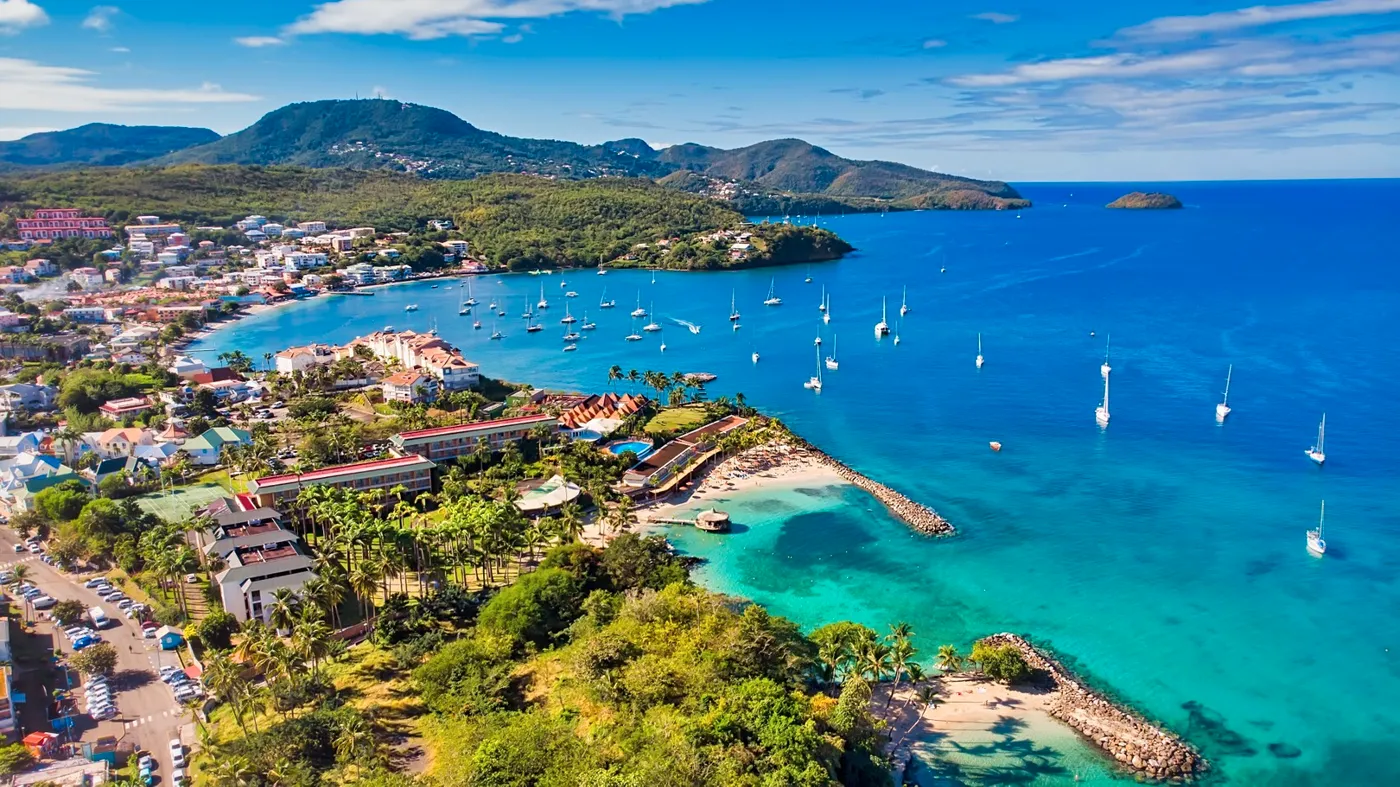
Martinique’s real estate market offers a wide range of opportunities for investors, from luxury villas and beachfront properties to commercial developments and land acquisitions. The island’s appeal as a tourist destination and its growing infrastructure make it an ideal place for both short-term investments, such as vacation rentals, and long-term residential developments. Key areas for real estate investment include:
- Luxury Residential Properties: Martinique has high demand for luxury villas, condos, and estates, particularly in areas like Trois-Îlets and Le Diamant. These properties are popular with both affluent buyers and tourists seeking vacation homes.
- Commercial Real Estate: As Martinique’s economy grows, there are increasing opportunities for investment in office spaces, retail centers, and mixed-use developments. The demand for business spaces in the capital, Fort-de-France, is rising, as more international businesses seek to establish a presence on the island.
- Hospitality Real Estate: Martinique’s thriving tourism industry offers significant potential for hospitality investments, including the development of luxury resorts, boutique hotels, and eco-tourism projects. Areas like Le François and Le Diamant are prime locations for hotel developments.
- Land Development: With Martinique’s lush natural environment and growing infrastructure, acquiring land for residential, commercial, or eco-friendly developments is a highly attractive investment strategy.
Key Areas for Investment in Martinique
Several key areas in Martinique offer lucrative investment opportunities for real estate developers and investors. These regions are known for their scenic beauty, growing infrastructure, and high demand for luxury real estate. Notable areas include:
Fort-de-France
As the island’s capital and economic hub, Fort-de-France is a vibrant center for both business and residential investments. The city offers a blend of commercial and residential opportunities, with its central location providing easy access to amenities such as schools, hospitals, and shopping centers. Fort-de-France is ideal for investors seeking to develop office spaces, mixed-use buildings, or luxury residences. The area’s infrastructure is continually improving, and it remains the primary gateway to the island, attracting international business and tourism.
Trois-Îlets
Known for its beautiful beaches, luxury resorts, and prestigious golf course, Trois-Îlets is a sought-after destination for tourism and vacation property investments. The area attracts affluent visitors seeking a high standard of living and leisure. Trois-Îlets is home to some of the island’s most luxurious resorts, making it an excellent location for hospitality investments such as boutique hotels and vacation rentals. The area’s popularity among tourists, combined with its upscale lifestyle offerings, ensures strong demand for luxury residential properties and hospitality developments.
Le Diamant
Le Diamant is famous for its stunning beach and the iconic Diamond Rock, offering spectacular views and a serene environment for luxury real estate. This area is an attractive destination for investors looking to develop beachfront villas, eco-resorts, or boutique hotels. Its natural beauty, combined with increasing tourist interest, positions Le Diamant as a prime location for luxury tourism and residential properties. The region’s growing reputation as a beach destination for high-end travelers makes it an ideal spot for long-term investments in both residential and hospitality sectors.
Le François
Le François offers a perfect blend of residential and commercial real estate opportunities. With beautiful coastal views and modern amenities, this area is growing in popularity among both locals and expatriates. The region’s development potential makes it an ideal location for mixed-use projects, combining residential communities with retail spaces and eco-tourism developments. Le François is also known for its relaxed ambiance and natural beauty, making it a strong candidate for investments in sustainable and eco-friendly projects aimed at attracting both tourists and residents seeking a tranquil lifestyle.
Saint-Pierre
Saint-Pierre, known for its historical significance and beautiful setting, presents unique opportunities for cultural tourism and eco-tourism developments. The town offers a blend of historical landmarks, including the ruins from the 1902 eruption of Mount Pelée, and stunning views of the Caribbean Sea. Investors can explore opportunities in boutique hotels, eco-lodges, and cultural tourism ventures. Saint-Pierre’s mix of history and natural beauty provides an ideal environment for projects that cater to visitors interested in immersive cultural experiences and sustainable travel.
How to Start a Company in Martinique
As a French overseas territory, Martinique offers a business-friendly environment with several incentives for foreign investors. Starting a business in Martinique is similar to doing so in mainland France. Here’s a brief overview of the process:
- Types of Companies: Investors can establish various types of businesses, including SARLs (Limited Liability Companies), SASs (Simplified Joint Stock Companies), and branch offices.
- Incentives: Martinique offers several tax incentives, including exemptions for certain businesses in tourism, renewable energy, and agriculture. Additionally, there are subsidies for development projects and incentives for creating jobs.
- Ease of Doing Business: Martinique’s legal framework follows French regulations, offering stability and transparency. The process for registering a business is straightforward, with several government services in place to assist foreign investors.
Tax Advantages in Martinique
As part of France, Martinique benefits from the French tax system, which provides a stable and transparent environment for investors. Key tax advantages include:
- Corporate Tax Rate: The standard corporate tax rate in Martinique is 25%, though there are tax incentives for businesses in certain sectors such as tourism and renewable energy.
- VAT: The standard VAT rate is 20%, though reduced rates apply to certain goods and services, such as food and accommodation.
- EU Funding: As a French region, Martinique is eligible for European Union funding, which provides opportunities for businesses and developers working in areas such as infrastructure and environmental projects.
These tax incentives and financial support mechanisms make Martinique an attractive destination for real estate investors, particularly those looking to develop in the hospitality or eco-tourism sectors.
Cryptocurrency in Martinique
As part of France, Martinique follows French regulations on cryptocurrency, and the government has expressed an interest in fostering innovation in the blockchain and cryptocurrency sectors. The country’s regulatory approach aims to ensure a secure environment for both crypto investors and users. There are potential opportunities for tech-driven real estate developments and digital nomad communities in Martinique, especially with the growing interest in decentralized finance (DeFi) and blockchain technology.
Should You Invest in Martinique?
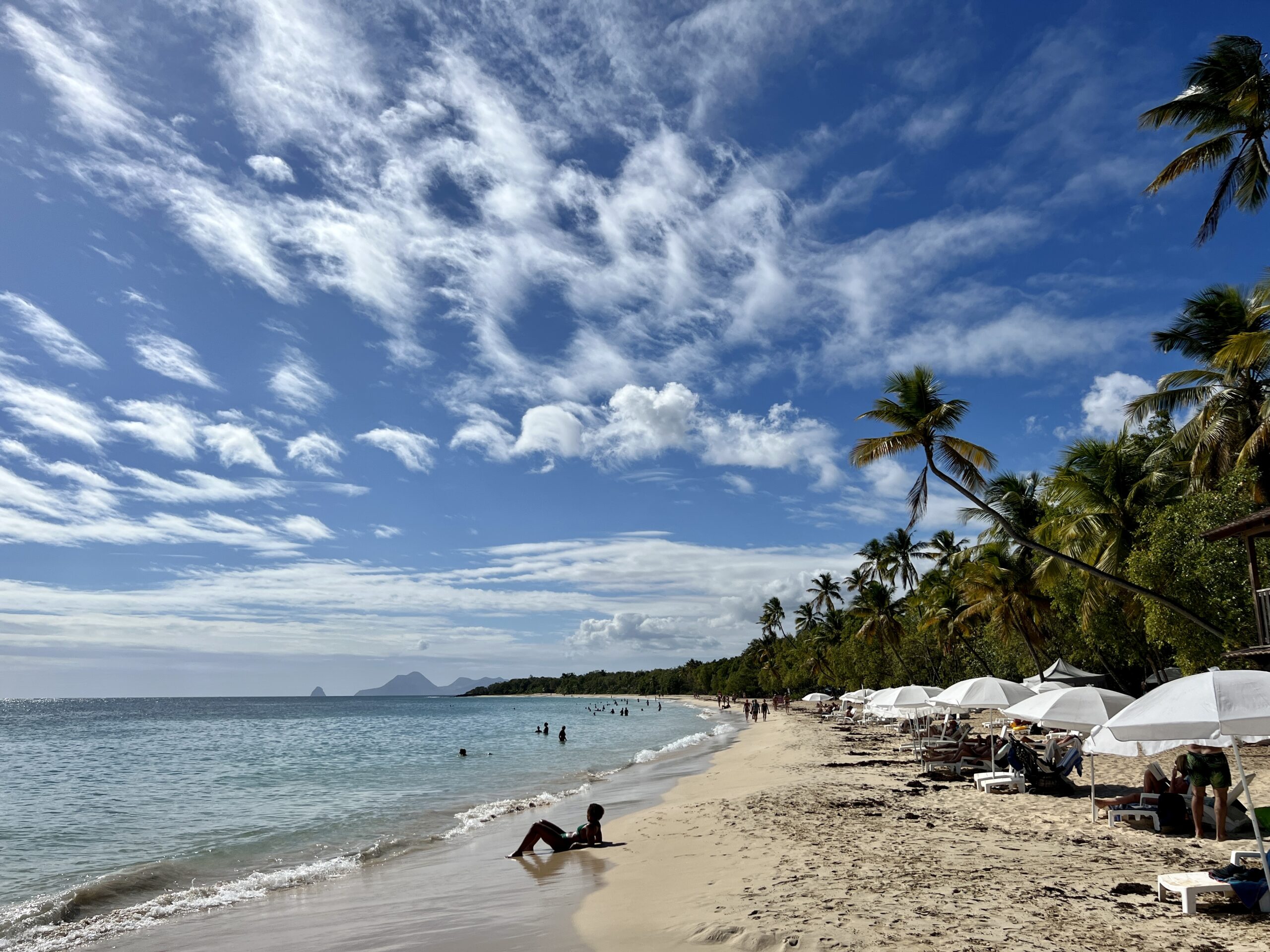
With its strategic location, stable political environment, and high-quality infrastructure, Martinique offers an excellent opportunity for real estate investment. The island’s combination of French sophistication and Caribbean charm, along with its growing economy and favorable tax incentives, make it a prime destination for investors. Whether you are looking to invest in luxury real estate, commercial developments, or eco-tourism projects, Martinique offers a variety of opportunities for both short-term and long-term investments.
As the island continues to grow in popularity, especially among international tourists and expatriates, demand for vacation homes, luxury resorts, and commercial properties will only continue to rise. Martinique’s commitment to sustainability, coupled with its unique blend of French culture and Caribbean allure
